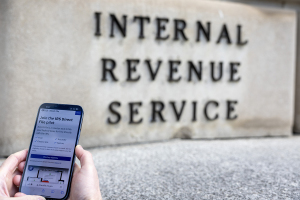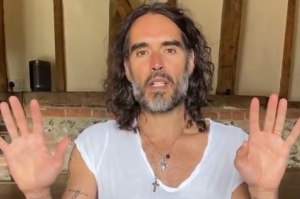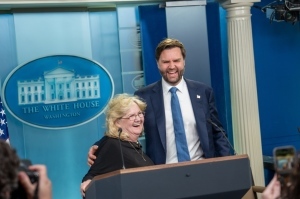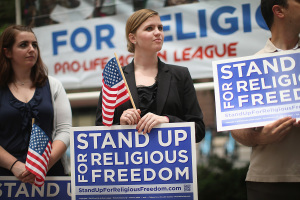70% of Women Who Get Abortions Identify as Christians, Survey Finds
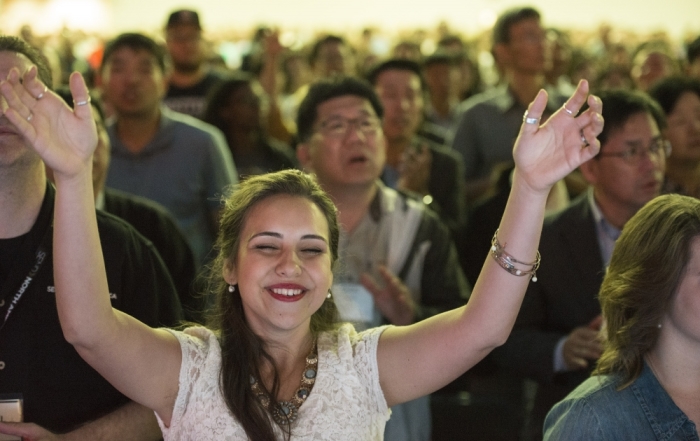
Overall, only 38 percent of post-abortive respondents said they considered the church a safe place to discuss their pregnancy options. Fifty-four percent of respondents said they would not recommend a friend or family member to consult anyone from a church about their pregnancy options.
Churchgoers who regularly attend were more likely than individuals who rarely or never attend church to say that they experienced or anticipated positive responses from the church.
Thirty-one percent of people who attend church regularly said they experienced a "caring" reaction from the church, while 28 percent said they experienced or anticipated a helpful reaction from the church.
"While much work needs to be done to equip the church to help women and men with their pregnancy decisions, there are positive signs that many churches will be receptive to efforts to implement programming that addresses this need," Care Net CEO Roland C. Warren said in a statement shared with The Christian Post.
With about four out of 10 post-abortive women saying they attended church regularly, LifeWay Vice President Scott McConnell said in a statement that there is a "huge opportunity" for churches to have an impact on abortion decisions.
But in order to get more pregnant women to embrace the church community for pregnancy advice, churches need to find a way to eliminate the notion that women facing unplanned pregnancies will be judged, condemned and become the center of gossip.
"One of the best ways that churches can do that is have someone who has found healing after regretting an abortion either lead a ministry or get some pulpit time to talk about their story and especially to talk about how we can be really sensitive to it," Mancini said.
Mancini also suggested that congregants who have experienced and regretted an abortion can go to other churches to teach their members how to be compassionate toward the situation, yet uphold the biblical truth at the same time.
"They really can give great tools about how to be sensitive, yet honest as possible," Mancini said. "Doesn't ever help anyone to say that [abortion] doesn't take the life of a human being, that's just not honest. They need to help them grieve that life with mercy, love, hope and warmth. That is really what we are called to do."
Although the research finds that many women feel their church will do nothing but gossip about their situation, Mary Claire Kendall, the author of Oasis: Conversion Stories of Hollywood Legends, told CP that faith communities will help women deal with the sense of pain and loss after a woman has gone through an abortion.
"Choosing life, when you're pregnant and unmarried, or not married to the father, has never been an easy decision. All the stars I write about who had abortions — Mary Astor, Lana Turner, Patricia Neal — were deeply wounded by their decision, and the consequences they faced were magnified by secrecy," Kendall wrote in an email to CP. " For all of these women, the church ultimately became a place of healing. For God's forgiveness, they came to see, was more powerful and important than toxic, destructive gossip."

















